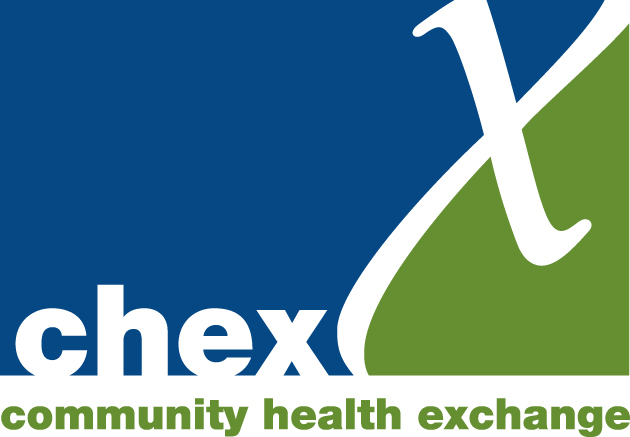CHEX Briefing - February 2024
Next steps
To recap, our 4 key actions are:
In addition, an overall message is that, despite the social, and economic factors behind health inequalities being widely recognised, what isn’t talked about enough is that political decisions ultimately create our economy and society. As organisations such as Joseph Rowntree Foundation have stated, poverty is not inevitable and its underlying causes can be tackled. Of course, there are more complex and subtle things going on. Even decision makers are shaped by society, for instance. There are powerful interests at play, limiting what politicians and planners feel they can do. Despite this, we believe that the actions we have set out are realistic and can be achieved.
Therefore, CHEX hopes that this overall message and the 4 key actions we have set out will be taken on board and acted upon in the following strategic work:
The Scottish Government’s ‘Health inequalities: Place and Wellbeing Programme’. As a member of the programme’s steering group, SCDC/CHEX hopes the 4 key actions will be useful in building on the groups work so far and taking forward the discussion.
CHEX’s collaboration with our funder, Public Health Scotland. The key messages in this briefing would ideally inform how PHS works with and supports CHEX in future.
The Local Governance Review, for which the 2nd stage of nationwide engagement, Democracy Matters 2, has now begun. The 4 key actions are all relevant to the reform of how local democracy in Scotland works and is supported. SCDC and Development Trust Association Scotland, have been commissioned to facilitate DM2 discussions around Scotland. This paper will not directly inform these discussions, but any separate contribution CHEX makes to DM2 will make links between local democracy and the messages in this briefing.
Our work with other third sector partners with a strong focus on inequality including, but not limited to, the Poverty Alliance, Voluntary Health Scotland and Edinburgh Community Health Forum.
This list is by no means comprehensive and CHEX is keen to discuss any of the above with partners in national and local government as well as in other sectors.
For further information on the issues raised in this briefing please contact: Andrew Paterson, SCDC and CHEX Policy and Research Officer, email: andrew@scdc.org.uk

